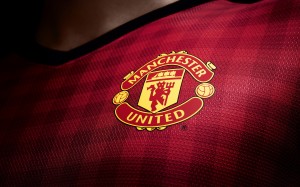Arthur Clarke once said “Any sufficiently advanced technology is indistinguishable from magic”. One such amazing example can be seen in Sauderite Sid’s post “The Future is Here, Right In Our Living Rooms”. The concept of Ninja Sphere intrigued me as it seems like a concept which is highly useful for every family on this planet. The idea is that the product detects changes in the environment. If you leave the gas on, the device automatically detects it, and with your permission, switches it off as well!
The company already has created the prototype for the final product and will go through beta testing. If this Kickstarter project successfully passes the test, it will capitalize on an entire untapped market. It will gain a first mover advantage as it will be the first of its kind. With zero competition, the company can quickly cover up its costs. Also, by creating patents, the company can maximize its revenues as no other firm would be able to copy its prototypes. With such a user-friendly and effective concept, the company seems to be treading on a path of success, a success for both the consumer and the producer.


Recent Comments